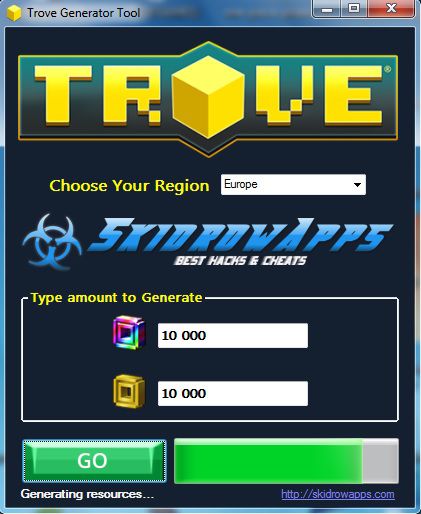

Finding faces – The Real Face of White Australia, Eyes on the Past, Vintage Face Depot.Flickr Commons – several Australian institutions.Finding open images in Trove – you can also try Seabo!.Trove – try the nla.obj or Trove Digital Library searchesĭigital images are also data – what new perspectives can we extract from them?.Biodiversity Heritage Library Australian collection – with API and data downloads!.Historic Hansard and documentation – with Voyant & Hypothes.is integration.


#Trove hacks 2016 how to
ASIO files – an example of how to harvest files from a series (as long as there’s less than 20,000 of them)ĭata doesn’t just come delivered via spreadsheets and APIs.Trove Proxy – for newspaper pdfs and httpsifying your queries.Harvesting the John Ellis photos from University of Melbourne Archives (coming soon!).Assembling our own datasets gives us more insight into their contents and contexts. We shouldn’t be content with what we’re given. #fundTrove – and then there’s ‘engagement’.Closed Access – what are we not allowed to see.How can we avoid simply reinforcing existing perspectives? Or the low-code option – DIY Trove Exhibitionsīut there are always gaps and biases.My pre-harvested data – a small (and slightly weird) collection of stuff I’ve packaged up.
#Trove hacks 2016 archive
Australian Data Archive – includes historical census data, 1833-1901!.GovHack Data portal – try searching for history, heritage, library, archive.But what’s a ‘hack’ and how can we apply the concept to cultural heritage data? How do we explore new contexts and frame interesting questions? GovHack is an open data competition – people get together and build stuff. Make your own version of Headline Roulette!.In this case, Headline Roulette is drawing information about digitised newspaper articles from the Trove API. I like to start off workshops with a quick round of Headline Roulette both because it’s fun (I hope) and because it gets us thinking about different ways we might use and explore cultural heritage data. A workshop to get people thinking about the possibilities of cultural heritage data in the lead up to GovHack 2016.


 0 kommentar(er)
0 kommentar(er)
